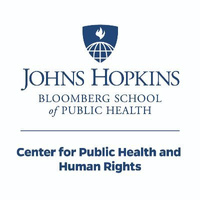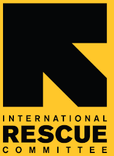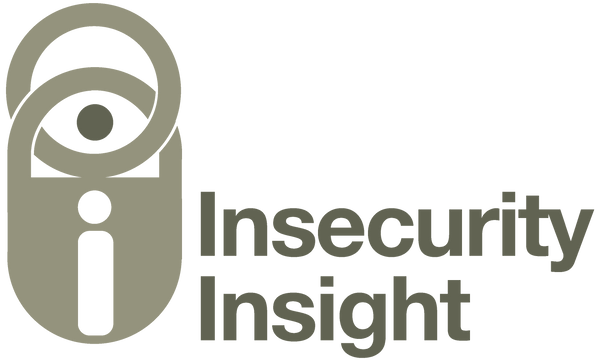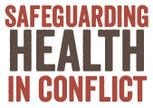ABOUT
TOOLKIT: EVIDENCE THAT PROTECTS HEALTH CARE
Tried and tested tools to document, analyse, and advocate to end violence against healthcare
In 2021, the Center for Public Health and Human Rights at Johns Hopkins University, Insecurity Insight, the International Rescue Committee and Physicians for Human Rights joined together as part of a global ECHO funded grant “Ending violence against healthcare in conflict (EVAC)” to increase protection and respect of protected facilities in armed conflict and improve access to healthcare.
This toolkit is a collection of the tools and guidance that have been reviewed, used, adjusted, or newly developed as part of this collaboration. This toolkit can be of specific use to humanitarian organizations, human rights actors, researchers, clinicians, policymakers, donors and all actors committed to protecting healthcare in conflict who seek to:
- Participate in existing data collection mechanisms and adjust their internal reporting systems to do so.
- Collect detailed information on violence against health care to inform their response and donor discussions.
- Coordinate a joint study measuring violence against health care and its impact.
- Initiate an evidence-based advocacy initiative to reduce such violence.
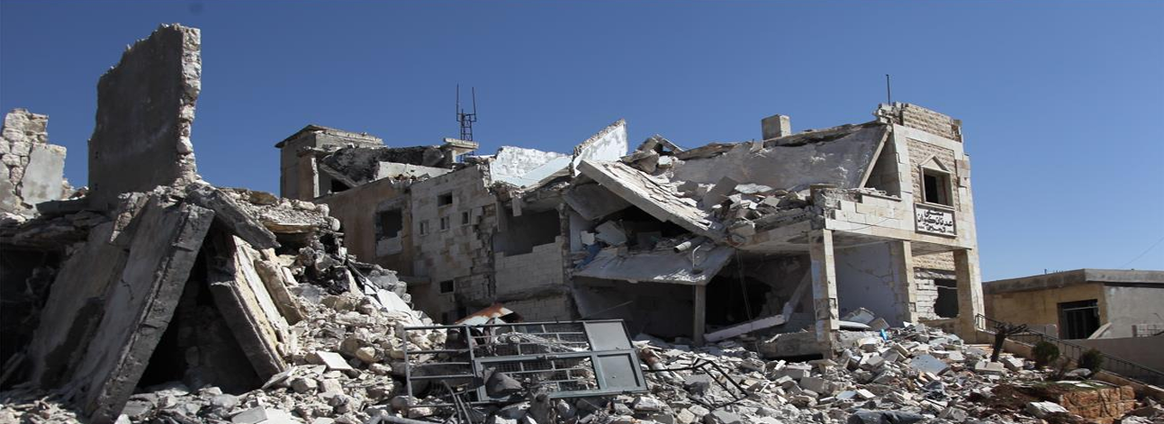
Damage caused by an airstrike to Kiwan Charitable Hospital in northwest Syria. Credit: frontlineinfocus
1. METHODS
Are you looking for an analytical framework to guide the design of a data collection initiative? Examples of methods used to undertake a detailed survey on the impact of violence against health care? Or more clarity on the definitions and concepts used to measure violence against health care? Click on the relevant resource below:
GUIDANCE
GUIDANCE
Physicians for Human Rights, International Rescue Committee, Syria Relief & Development and Syrian American Medical Society
METHODOLOGY BRIEF NW SYRIA
Methodology for the joint mixed methods study on the impact of violence on sexual and reproductive health care services in Northwest Syria
TOOL
International Committee of
the Red Cross
SECURITY SURVEY
HEALTH FACILITIES
Tool, including a dashboard, to assess the risk exposure, security and preparedness level of any health facility operating in the context of an armed conflict.
2. DATA COLLECTION
Are you looking for data collection tools to document health related security incidents in the context of an armed conflict?
Tools to collect data on the impact on communities? Click on the relevant resource below:
TOOL
TOOL
EXAMPLE
Physicians for Human Rights, International Rescue Committee, Syria Relief and Development and Syrian American Medical Society
SURVEY TOOLS NW SYRIA
Survey tools designed to measure the impact of violence on sexual and reproductive health services (Focus Group Discussions / Key Informant Interviews)
TOOL
EXAMPLE
3. JOINT ANALYSIS
Are you looking for additional guidance on how to provide meaningful analysis? Jointly analyse information with other organizations? Develop and implement joint action or advocacy plans? Click on the relevant resource below:
EXAMPLE
TOOL
TOOL
EXAMPLE
TOOL
4. DISSEMINATION
Are you looking for examples on how share analysis on violence against health care for action?
Click on the relevant resource below:
EXAMPLE
EXAMPLE
EXAMPLE
EXAMPLE
EXAMPLE
EXAMPLE

Damage caused by an airstrike to Kiwan Charitable Hospital in northwest Syria. Credit: frontlineinfocus
Questions, or suggestions for additional tools? Contact us at:
info@insecurityinsight.org
leonie.tax@rescue.org
Looking for additional information?
https://www.safeguardinghealth.org/about-coalition
https://insecurityinsight.org/projects/healthcare
https://phr.org/issues/health-under-attack/
https://riah.manchester.ac.uk/
https://healthcareindanger.org/
https://www.msf.org/attacks-medical-care
https://extranet.who.int/ssa
This toolkit is a collaboration among:
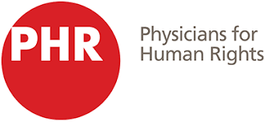

Please note that inclusion of a tool or report within this toolkit should not be taken to reflect all organizations’ endorsement of its content. This toolkit covers humanitarian aid activities implemented with the financial assistance of the European Union. The views expressed herein should not be taken, in any way, to reflect the official opinion of the European Union, and the European Commission is not responsible for any use that may be made of the information it contains.
